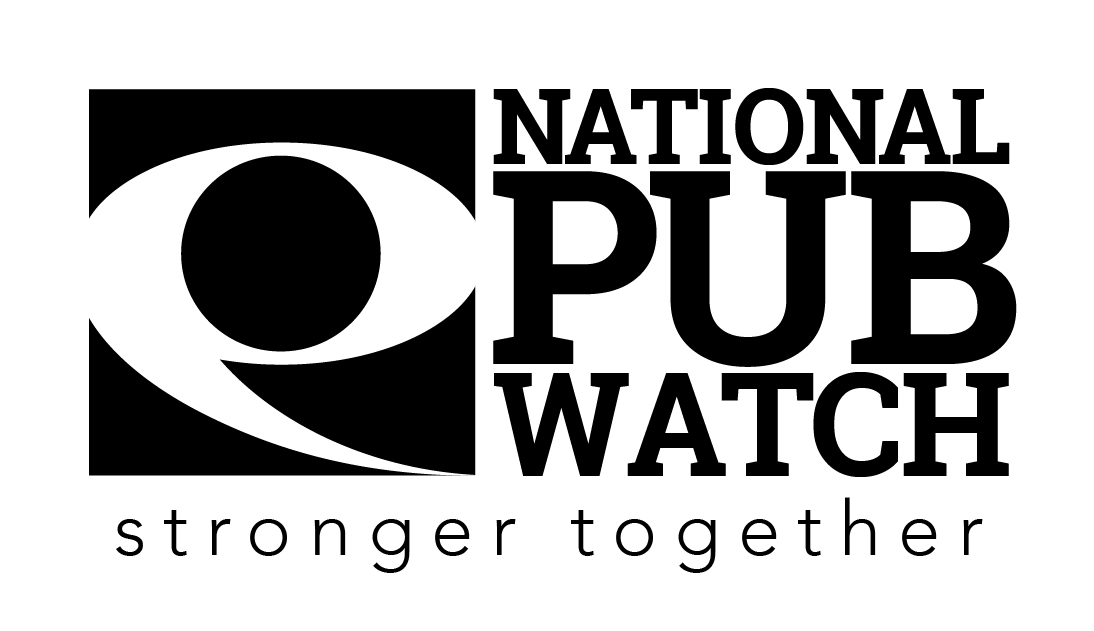Information on Cookies
To make the best use of our website, you'll need to make sure your web browser is set to accept cookies to ensure you receive the best experience.
For further information, please read our Cookies Policy.

Log In

The films answer some of the frequently asked questions that members of the pub, hospitality trade and general public ask about a Pubwatches and their powers.
The five short films, which run at around two minutes each, cover -
- What is a Pubwatch?
- Can Pubwatch schemes ban people?
- Can Pubwatch schemes control personal information?
- How can Pubwatch members identify a person who has been banned?
- How long should we ban people?
The five short films and a longer combined edition can be seen on the NPW FAQ YouTube page.
Steve Baker, chairman of National Pubwatch, OBE said:
“I hope that these films will provide people with a quick and simple means of obtaining answers to a range of issues. For example, I have personally been asked to explain banning ‘tariffs’ quite recently on a number of occasions so we have included that subject in the FAQ 5 ‘For how long should we ban people?’
“I would urge anyone interested in understanding some of the basic issues about how Pubwatch schemes might operate, to spend a few minutes watching the films. And I have no doubt that some of the public misconceptions around Human Rights and Data Protection will become clearer.”
The FAQ series has been produced for NPW by Mini Mammoth films. NPW would like to thank the management of The Gig House, Wokingham for the generous use of their venue.
NPW provides a range of free public service and educational films on its YouTube page.
Its free training film called Supporting Vulnerable People, allows licensees to help take frontline staff through a variety of scenarios on how to ensure the safety of customers. The film can be viewed here.
National Pubwatch also works in partnership with Best Bar None, the Home Office backed accreditation scheme for licensed premises, to support licensees and independent operators to reduce alcohol-related crime and meet their obligations under the Licensing Act.
There are 18 updated policies and procedures, which are free to download for operators on both the National Pubwatch and Best Bar None websites. These include a range of topics from safeguarding vulnerable persons, Challenge 21/25, crime and disorder, drugs, searching and overcrowding. The policy documents which are available in pdf and Word versions can be viewed here
